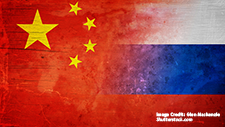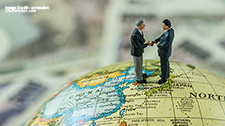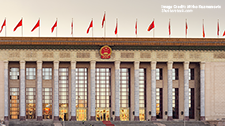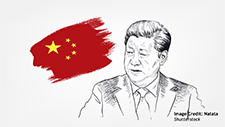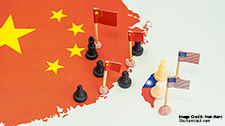The PLA’s Evolving Global Role and New Security Initiatives
Wu Xin
China’s increased openness, accelerating economic development, and the emergence of new security challenges and relationships in the post-Cold War world have cast the Chinese military and its role in a new light. The People’s Liberation Army (PLA) has adapted accordingly, and has become an important actor in international security affairs, shedding its prior isolation. This paper outlines the various international and regional security initiatives the PLA takes part in today, and links these to an evolution of the Chinese national security concept.
Related Publications
-
Sino-Russian Relations, From Where – To Where
Since 1949, relations between the Soviet Union/Russia and China have been oscillating between formal military alliances and military border clashes. In the early phases, the cooperation was beneficial for both […]
-
Risk Reduction and Crisis Management on the Korean Peninsula
The situation on the Korean Peninsula is inherently intertwined with the growing instability of the East Asian security environment, where high tensions significantly increase the risk of unintended incidents and armed […]
-
The Dangers of a Stagnant China: The Necessity of Awkward Coexistence
Abstract: In the build-up to the 20th Party Congress, a series of essays emerged focusing on Xi Jinping cementing a third term as General Secretary of the Communist Party of […]
-
Will the PLA Pledge Total Allegiance to Xi Jinping?
This article was originally posted on The National Interest’s website, you can find the article here. Xi’s resolute grip on the three most powerful positions in Chinese society has […]
-
China: Can It Control Japan’s Taiwan Policy?
Introduction: China’s reaction to US Speaker of the House Nancy Pelosi’s visit to Taiwan was resolute. The military exercises with live-fire drill were a nearly Pavlovian reaction suggesting they were long pre-planned. […]
